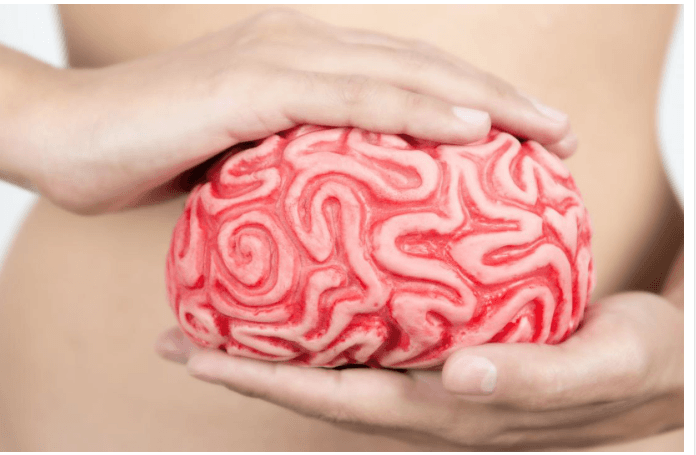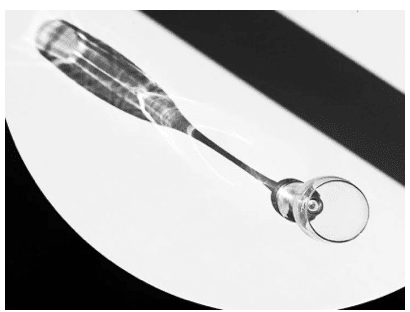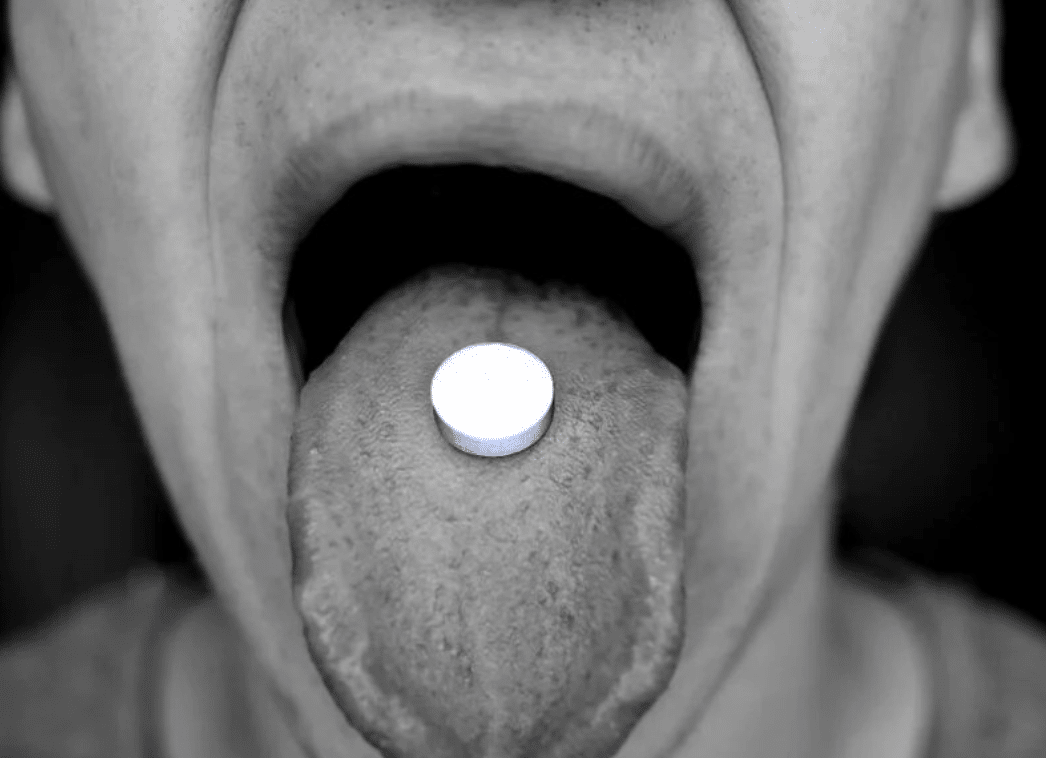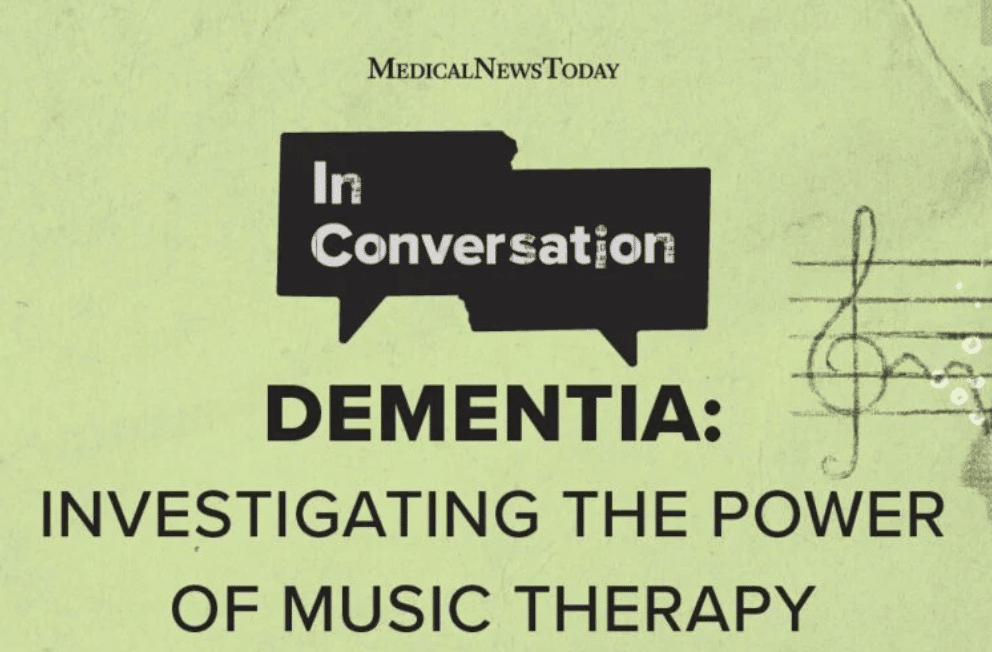
Our gut may function as a kind of “memory” that guides our decision-making, shows new research.
Since the times of Plato, us in the Western world have been taught to think that we’re rational beings, far superior to animals, and that our emotions and appetites are, to use Plato’s famous allegory, an unruly horse that our virtuous self-needs to keep in check with the help of reason.
But, as the field of cognitive sciences evolves and we learn more and more about our bodies and brains, we find out that nothing could be farther from the truth.
Neuroscience shows that most of our decisions are emotional, not rational (although our efforts to post-rationalize are pretty ingenious, to say the least) and our brains are prone to a myriad of biases that hijack our decisions without us even knowing.
So, while we may like to hold on to our noble narrative and delude ourselves into thinking we’re intellectually sophisticated and so much better than our fellow animals, new research brings more evidence to the contrary.
Not only do we share more with animals than we might think, but sensations as basic as hunger drive a lot of our decision making, reveals the new study.
In fact, the research — which was led by scientists at the University of Exeter in the United Kingdom — explains that our gut is capable of “storing” memories, and that a feeling of hunger can act as a sort of shortcut for making decisions that appear complex and calculated, but that is, in fact, driven by the proverbial “gut feeling.”
The scientists came to this conclusion by using a complex computer model that explored an animal’s chances of survival in environments where food availability fluctuates and where predators are lurking around. Their findings were published in the journal Proceedings of the Royal Society B.
‘A cheaper way to make decisions’
The model revealed that if animals base their decisions exclusively on their physiological cues — for example, a feeling of hunger that signals how many energy resources they have — their chances of survival are almost as good as those of an animal that uses cognitive resources to calculate the best decision.
Although the idea of animal cognition may seem strange to some, it is a well-documented fact that is widely accepted by researchers, and the new study helps us gain a deeper insight into how animals solve problems.
Let’s imagine an example to better understand the takeaways from the new study. Let’s say an animal (a deer) is in a situation that involves several parameters such as what food is available and where, and whether there’s a predator around. Let’s say the deer wants to eat some nuts but there’s a lion hiding in the bushes next to the desired nuts.
Information such as “what happened the last time when I tried to snatch away some nuts from right next to this lion” would be useful for helping the deer decide what’s the best course of action, but integrating that kind of information would be costly from an evolutionary perspective.
As study co-author Prof. John McNamara, from the University of Bristol’s School of Mathematics, says, “If it costs a lot of resources to be so clever, then natural selection will have found a cheaper way to make decisions.”
And this cheaper way is having a simple, physiological form of “memory” that resides in our gut. “The ability to use internal states such as hunger as a memory will have reduced the need to evolve big brains,” continues Prof. McNamar
How many pounds have you lost this month? At Dieta Efectiva you can lose 10-12 lbs your first week and 2 – 5 lbs every week after. Visit us dietaefectiva.net to learn more about our program
BG:NMT








